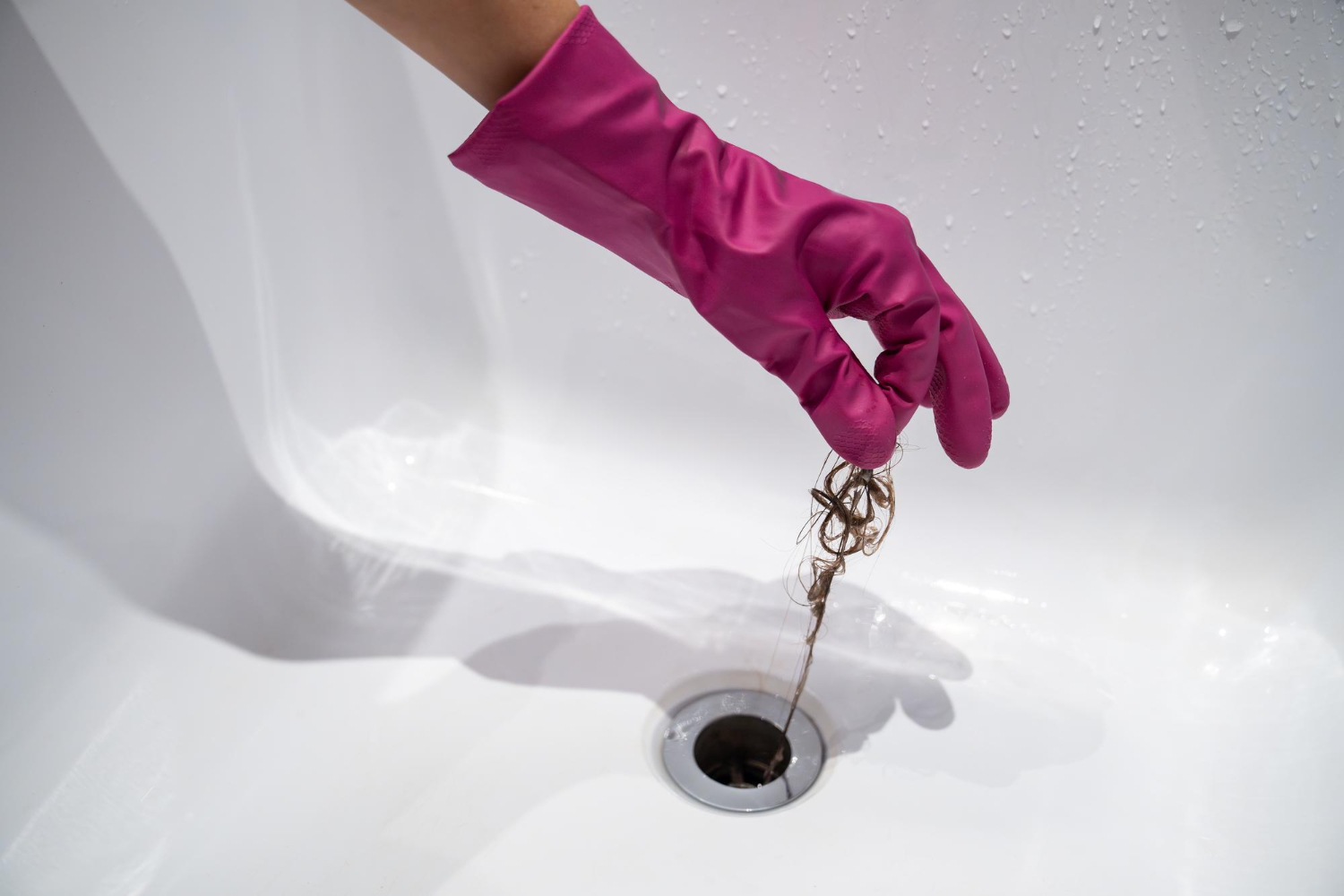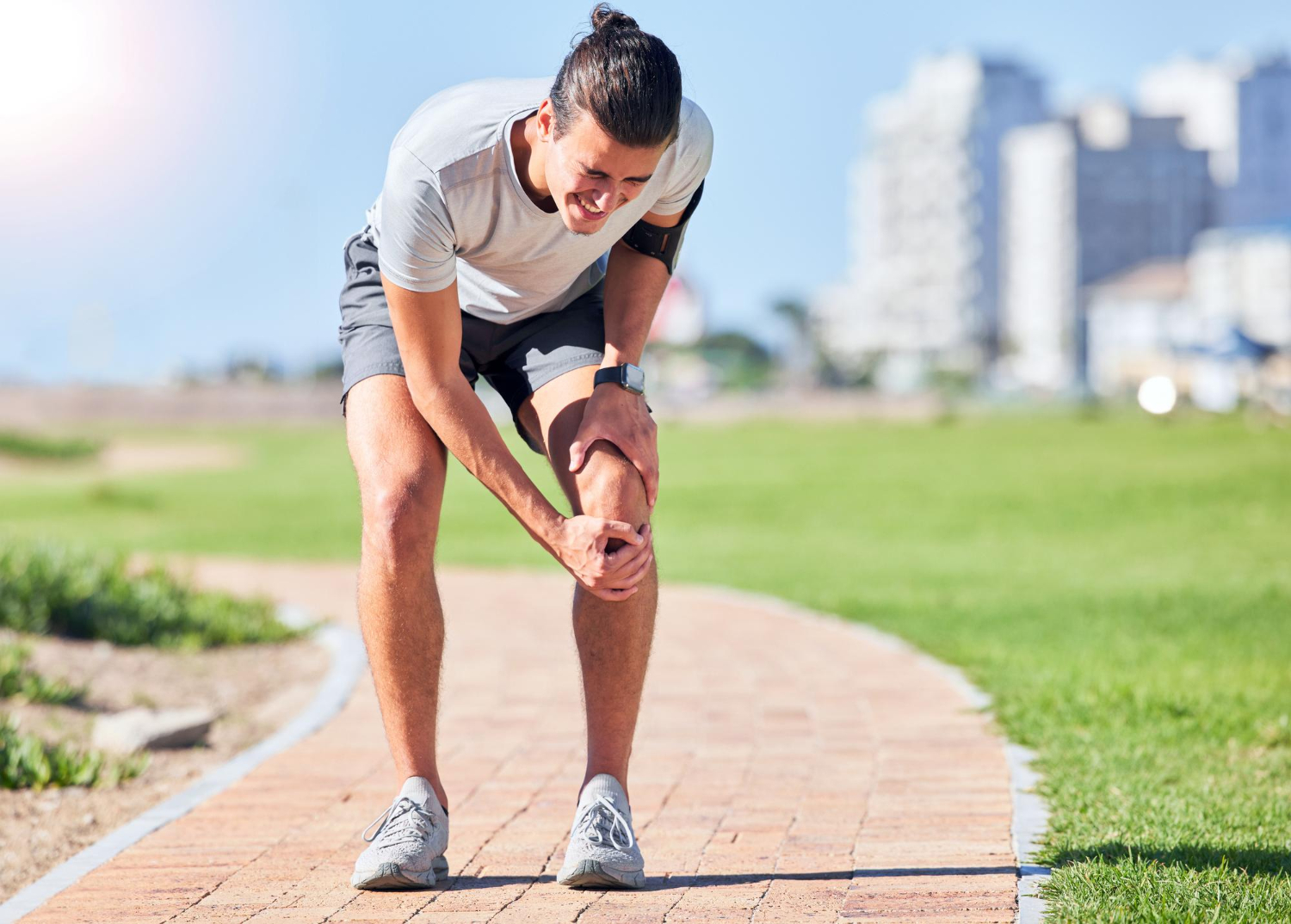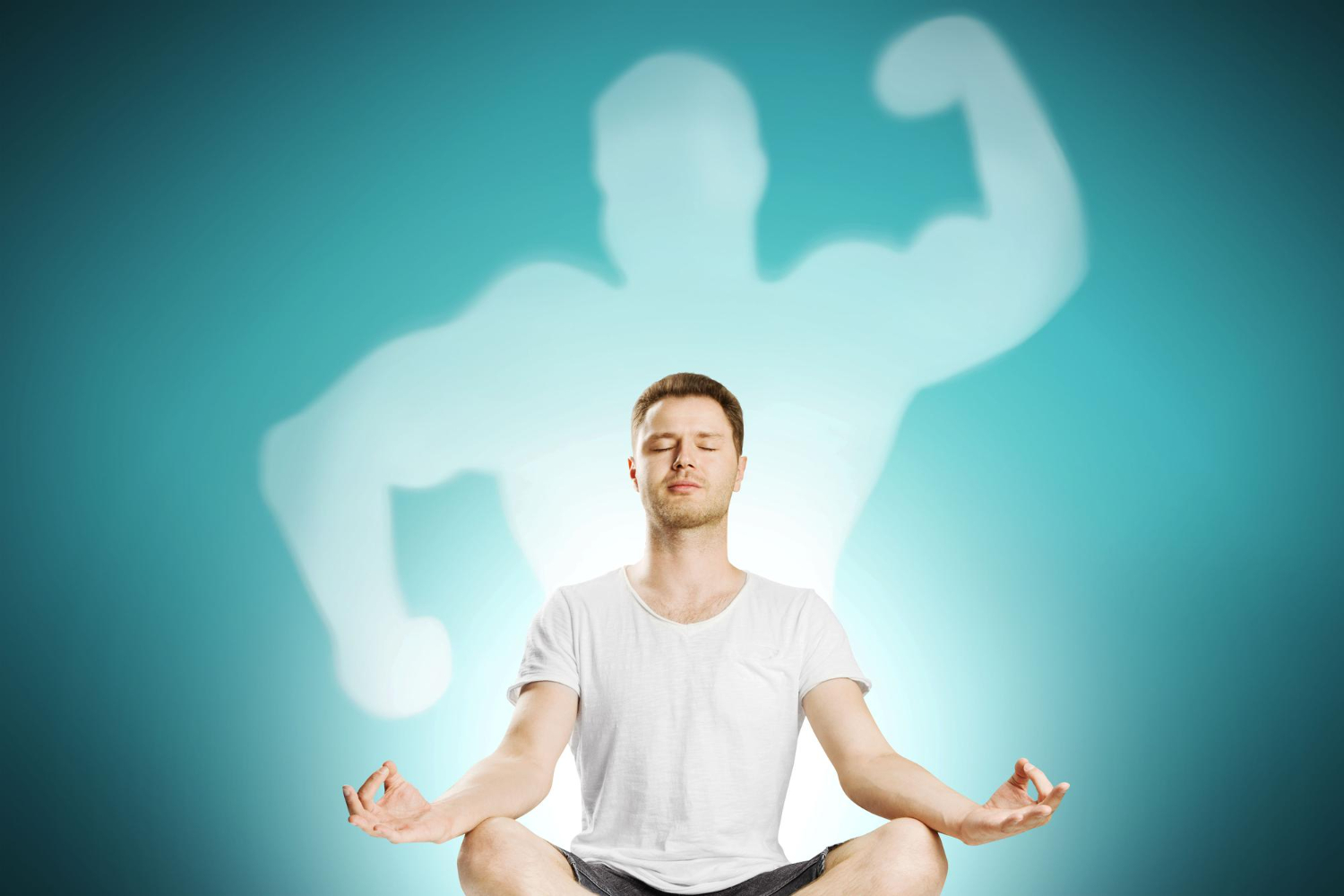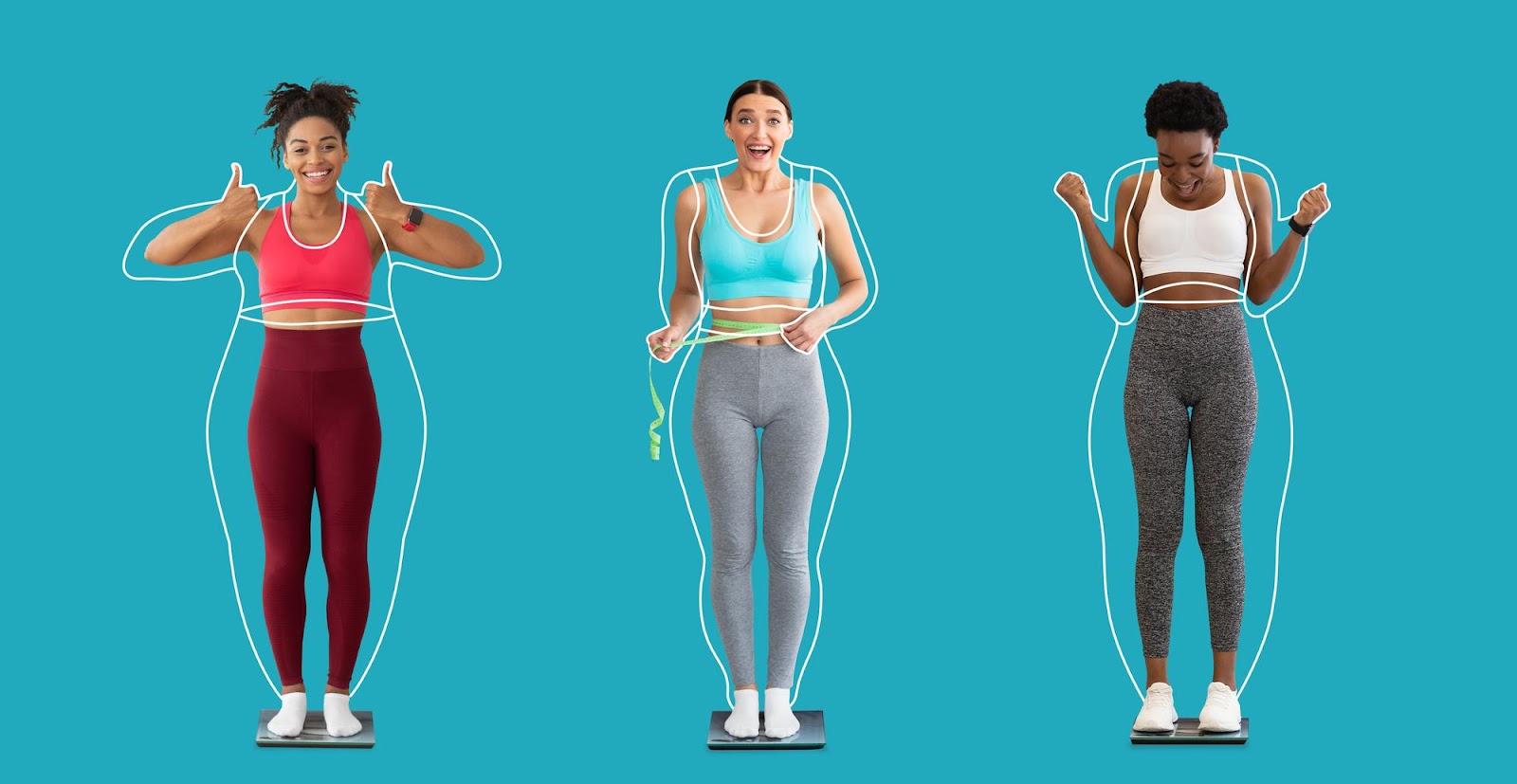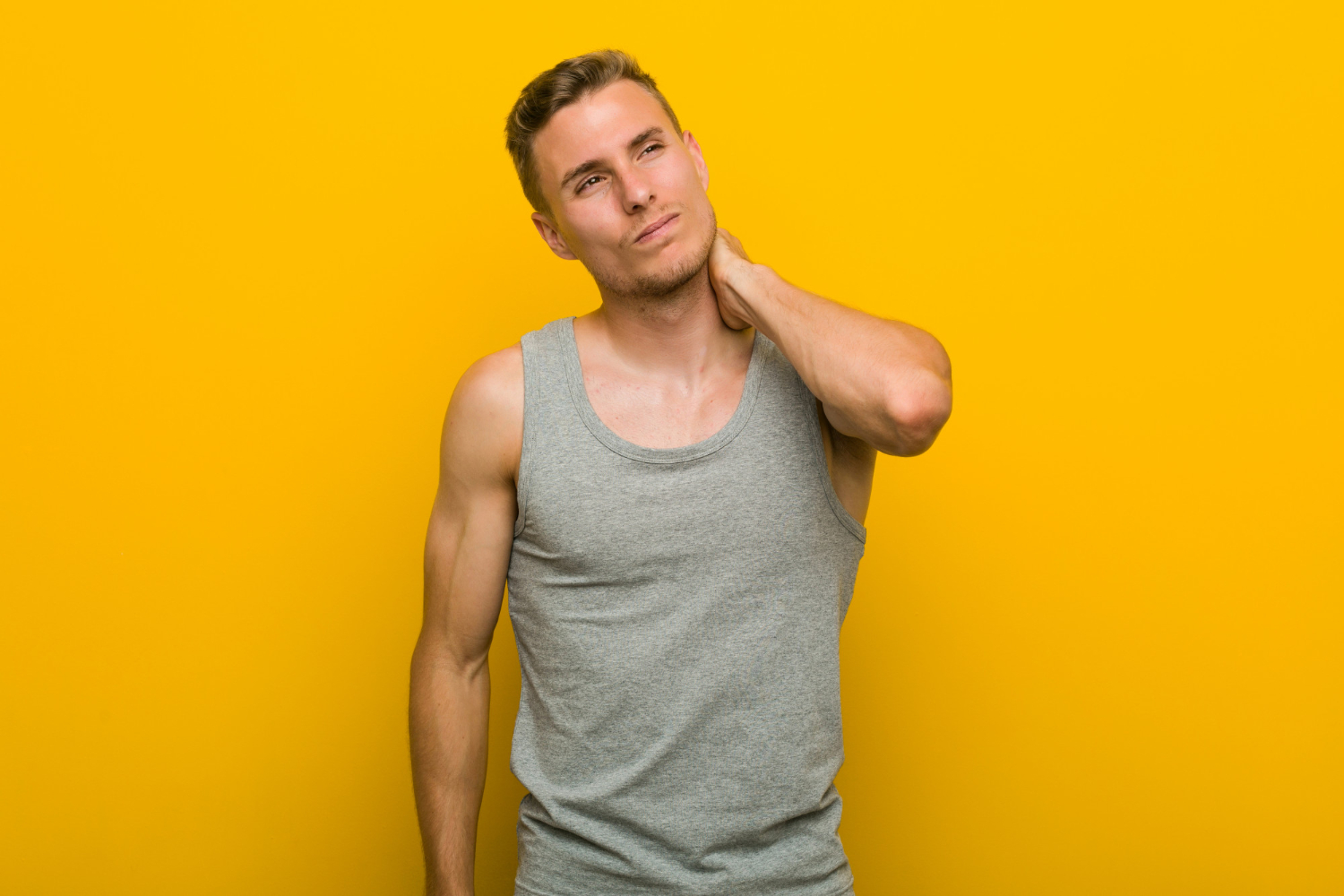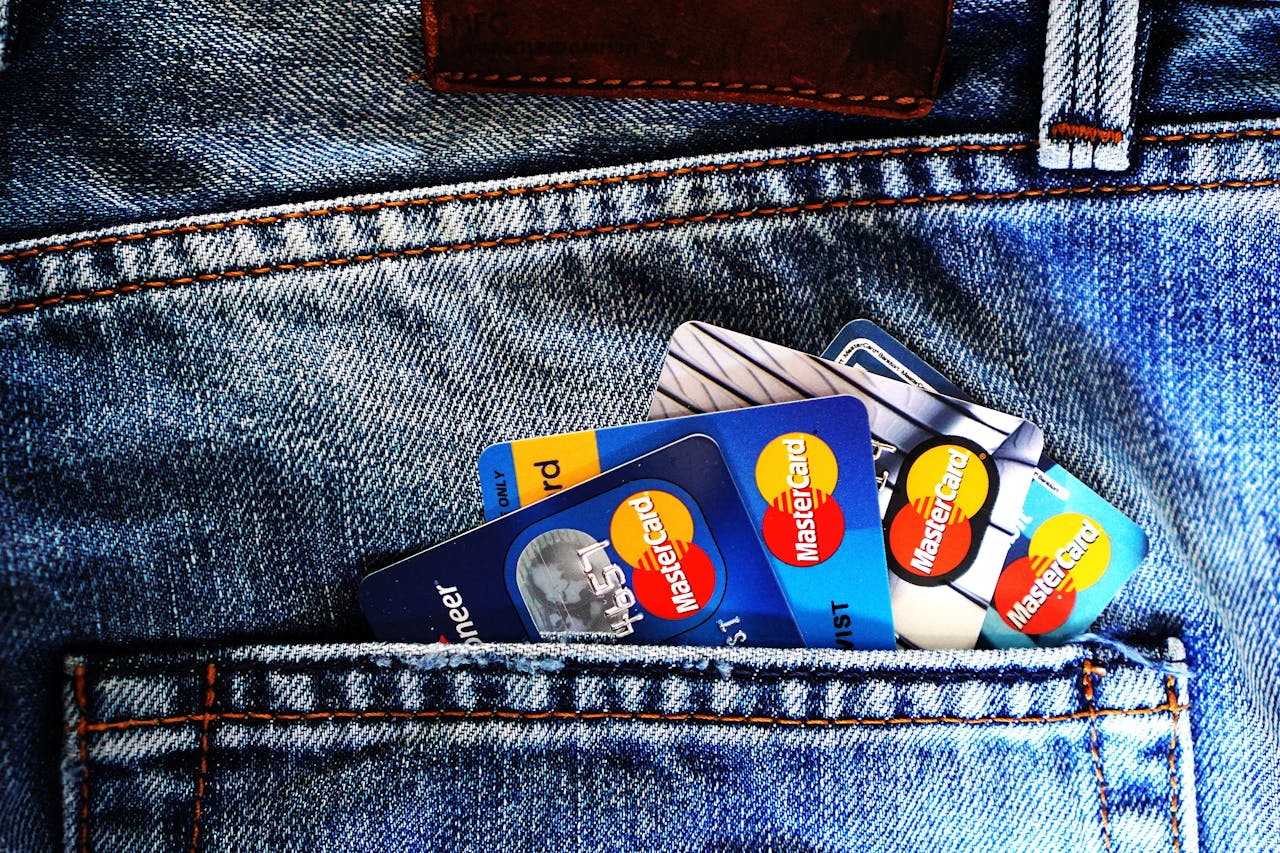Muscle relaxers are commonly prescribed medications that help relieve muscle spasms, stiffness, or pain from injuries and chronic conditions. They are often seen as harmless due to their frequent use in medical settings. But many people wonder, can muscle relaxers get you high?
In this article, we’ll break down the science behind muscle relaxers, whether they can cause a euphoric high, and the potential dangers of misuse. If you’re curious about their effects beyond pain relief, this article gives you everything you need to know.
What Are Muscle Relaxers and How Do They Work?
Muscle relaxers, also known as muscle relaxants, are medications that reduce muscle tension and alleviate discomfort. There are two primary types: centrally acting spasmolytics, which work on the brain and spinal cord, and peripheral neuromuscular blockers, typically used during surgical procedures.
Centrally acting relaxers are the ones most people are prescribed. They affect the central nervous system (CNS) to block pain signals or decrease excessive muscle contractions, providing relief and relaxation.
Commonly Prescribed Muscle Relaxers:
- Cyclobenzaprine (Flexeril)
- Carisoprodol (Soma)
- Methocarbamol (Robaxin)
- Tizanidine (Zanaflex)
- Baclofen
Each works slightly differently, but all aim to reduce discomfort and restore mobility during physical recovery.
Can Muscle Relaxers Get You High?
Yes, some muscle relaxers can cause a high, especially when misused or taken in large doses. This is particularly true with Carisoprodol (Soma), which has been linked to euphoric and sedative effects when taken recreationally.
The high typically feels like deep relaxation, drowsiness, and sometimes a floaty or dizzy sensation. However, not all muscle relaxers have this effect, and most are not intended for anything beyond short-term pain relief. Misusing them to get high is risky and potentially harmful.
Why People Misuse Muscle Relaxers
While these medications are prescribed to manage pain, some people misuse them for their relaxing or sedative qualities. Others combine them with alcohol or opioids to intensify the calming effect.
Common Reasons for Misuse:
- To feel calm or euphoric
- To help fall asleep faster
- To enhance the effects of other drugs
- Out of curiosity or peer pressure
This kind of misuse can quickly become a dangerous habit, especially if muscle relaxers are taken without medical guidance.
Warning Signs of Misuse:
- Taking more than the prescribed dose
- Using someone else’s medication
- Mixing with alcohol or other sedatives
- Feeling dependent or craving the drug
Risks and Side Effects of Misusing Muscle Relaxers
Using muscle relaxers for a high can lead to serious health risks. These medications were never designed for recreational use, and abusing them can affect your body and mind in unexpected ways.
Potential Side Effects:
- Drowsiness and dizziness
- Nausea or vomiting
- Confusion and poor judgment
- Slurred speech or impaired coordination
- Headaches and blurred vision
Severe Risks:
- Respiratory depression (especially with alcohol or opioids)
- Addiction or dependence
- Seizures or blackouts
- Overdose and coma
What may feel like mild euphoria can quickly spiral into an emergency if misused.
What Medical Experts Say About the ‘High’
Doctors agree: muscle relaxers are not intended to produce a high. Medical experts emphasize that these drugs should be used only under supervision and for short periods. Prolonged or unregulated use can lead to physical dependence or worse.
Carisoprodol (Soma) is the most frequently abused muscle relaxer due to its fast-acting, sedative effects. It’s even classified as a Schedule IV controlled substance in the U.S. because of its potential for misuse and addiction.
Experts urge patients to stick to recommended doses and discuss any side effects or concerns with their doctor.
The Difference Between Therapeutic Use and Recreational Use
There’s a clear line between using muscle relaxers for medical purposes and abusing them for recreational reasons. Therapeutic use involves taking a prescribed dose to relieve pain or improve mobility. Recreational use, on the other hand, involves taking high doses to chase a feeling or mixing drugs for a buzz.
Key Differences:
- Therapeutic use involves medical oversight; recreational use does not.
- Recreational misuse increases the risk of addiction and overdose.
- Abuse can lead to long-term damage or legal issues.
Respecting the intended use of these drugs is critical for safety.
Are Muscle Relaxers Addictive?
While most muscle relaxers aren’t classified as highly addictive, some—particularly Carisoprodol (Soma)—have a moderate potential for abuse and dependency.
Repeated misuse can lead to physical tolerance, where the body requires more of the drug to feel the same effects. Eventually, this can result in addiction. Withdrawal symptoms may occur if the drug is stopped suddenly.
Signs of Dependence:
- Needing more of the drug over time
- Cravings or irritability when not using it
- Feeling unable to function without it
If you recognize these signs in yourself or someone else, it’s important to seek professional help.
What to Do If You or Someone You Know Is Misusing Muscle Relaxers
If you suspect misuse, early intervention is essential. Start by speaking with a healthcare provider who can assess the situation and offer support.
Steps to Take:
- Talk to a doctor about usage habits
- Avoid stopping abruptly without medical advice
- Seek therapy or addiction counseling
- Contact support groups or hotlines for assistance
Recovery is possible, and help is available.
Safer Alternatives for Pain and Muscle Spasms
If you’re concerned about the risks of muscle relaxers, there are safer options available.
Non-Addictive Alternatives:
- NSAIDs (e.g., ibuprofen, naproxen)
- Acetaminophen
- Physical therapy and exercise
- Heat therapy or Epsom salt baths
- Massage or acupuncture
Always consult your doctor to find the right treatment plan tailored to your needs.
Conclusion
So, can muscle relaxers get you high? Yes, some can—especially if misused. But chasing that high is not only unsafe, it’s potentially life-threatening. These medications serve a valuable purpose when used correctly, but misuse can come with serious consequences.
If you’re dealing with pain or muscle issues, talk to your doctor about safe, effective treatment options. Avoid the temptation to self-medicate or experiment. Your health is worth protecting.
FAQs
Can muscle relaxers get you high if you take too many?
Yes, especially drugs like Soma, but it comes with major risks.
Are muscle relaxers addictive?
Some, like Carisoprodol, can be addictive if misused.
Is it safe to mix muscle relaxers with alcohol?
No, combining them can cause serious side effects, including slowed breathing or overdose.
Which muscle relaxer is most likely to cause a high?
Carisoprodol (Soma) is known for its euphoric effects and abuse potential.
How should I use muscle relaxers safely?
Always take as prescribed, avoid mixing with other substances, and use short-term unless otherwise directed by a healthcare provider.

